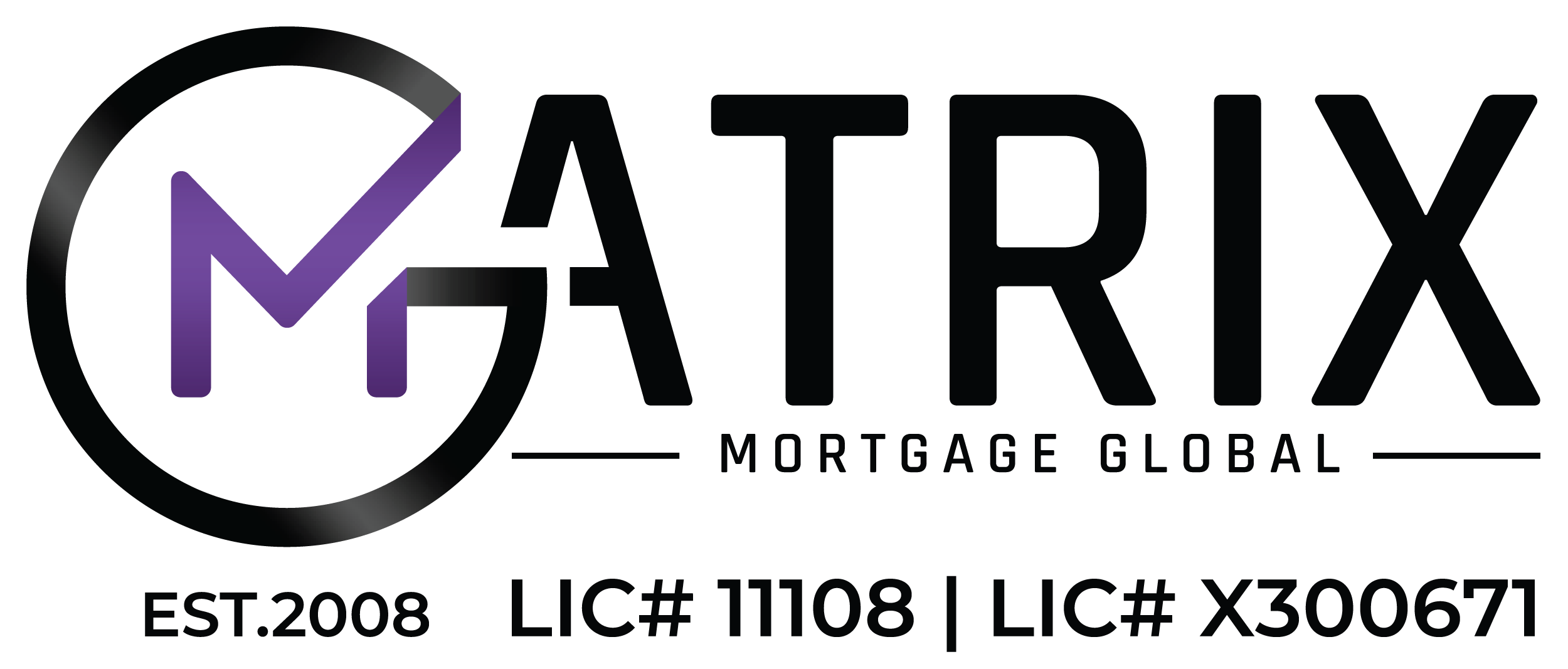
Top Mistakes to Avoid When Consolidating Debt
When you’re facing large amounts of debt, a consolidation loan might seem like a very attractive option to condense every debt into one easy monthly payment. Consolidation loans can be helpful if you have lots of creditors and need to organize your accounts. They also give you a very firm deadline: when the loan is done it means that debt will be completely paid off so you have something to aim for. There are a few things that can be overlooked when it comes to dealing with large amounts of debt, which could lead to mistakes and some regrets down the road. Here are the most common mistakes to avoid when consolidating your debt.

Top Mistakes to Avoid When Consolidating Debt
Not exploring all your options
While having one monthly payment might seem like the best and easiest option when you’re facing extremely large amounts of debt, is it really the right option? Only you can answer that because you know what’s right for you, but it is important to explore all the options you have for lowering your debt amounts before agreeing to a consolidation. This will be the right choice for some, but not for all so do your due diligence and make sure you know exactly what you’re getting into.
Not understanding how you got here
Some financial experts refer to debt consolidation loans as band-aids because they don’t really fix the problem, but just give you a short-term solution to a life-long issue. While a debt consolidation may seem to fix things and make you feel better you’re still facing a mountain of debt, but it is just owed to one creditor instead of a dozen or so. You need to understand the habits and money management issues that put you in this situation first. This is a great time to reflect on your financial habits and fix what you need to so that you’ll never be in this situation again.
Not closing out your credit
A consolidation loan is a big chunk of money that is used to pay out your creditors and then you only owe the money to one creditor. Some financial institutions will require you close out your other credit accounts once they are paid, but some may not. If you don’t close out your available credit, and are struggling to manage your financial habits then you could end up with a consolidation loan payment plus monthly payments on credit cards or lines of credit. If you know yourself, and know that you might get back into trouble, it’s important to close out these accounts as soon as your loan pays them off.
Not having a financial plan
A consolidation loan is meant to help you tackle this mountain of debt, and give you a light at the end of a very long tunnel. If you don’t have a financial plan in place to make sure that you don’t dig yourself back into debt and one that will help secure your future then this consolidation loan will only mean years of monthly payments. Take this as an opportunity to learn from past behaviors and make a plan for your financial future so your money management habits work for you.

